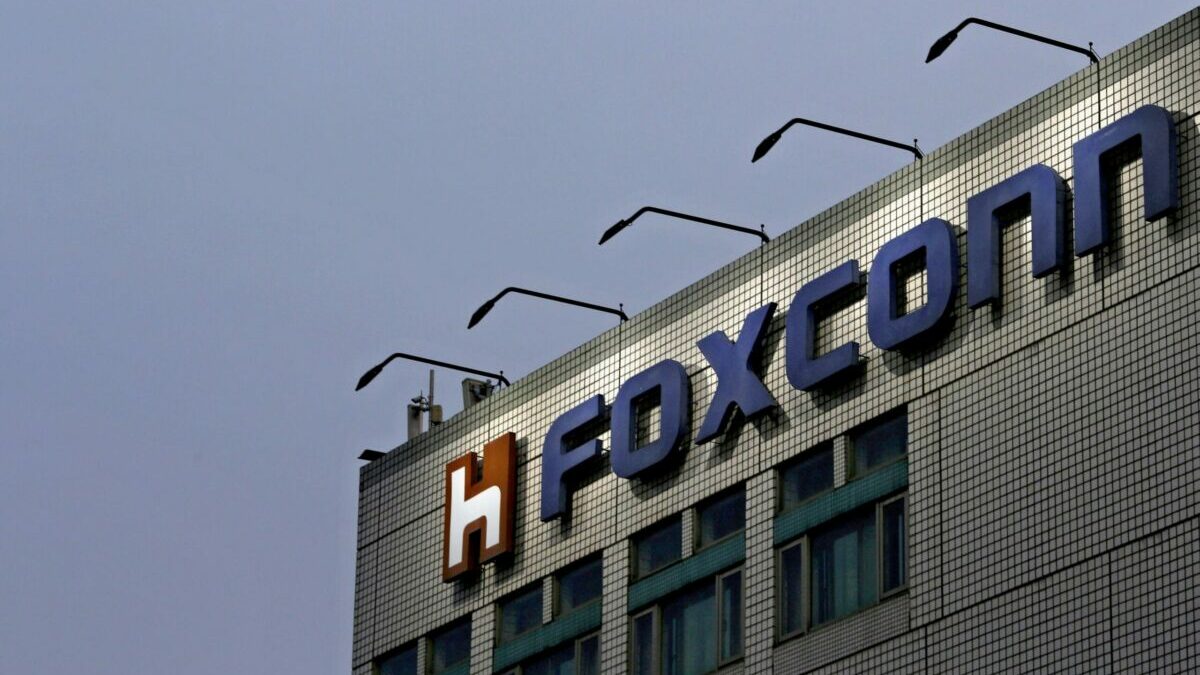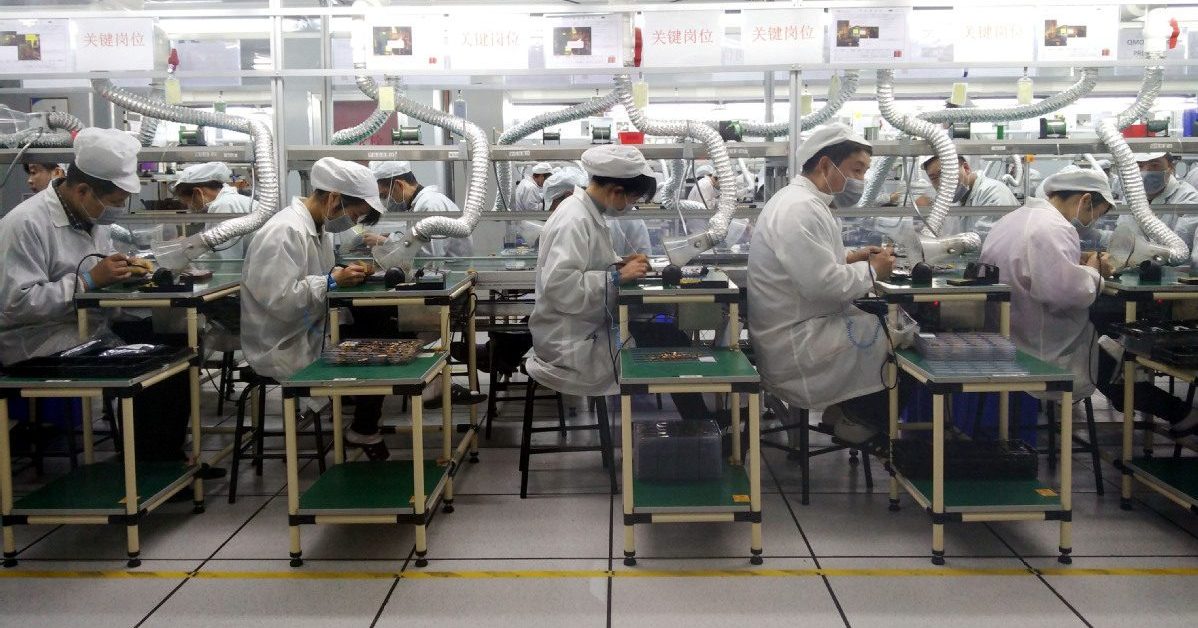China is once again forcing some of its biggest companies, including iPhone maker Foxconn, to continue production within a “closed loop” for the next seven days as the manufacturing hub of Shenzen is once again seeing a rise in coronavirus cases.

Foxconn to operate under a “closed loop” system for a week to combat coronavirus
The authorities have asked China’s 100 biggest companies including automakers, networking giants, drone manufacturers, and more to restrict operations to workers living within a closed bubble, with limited or no contact with individuals outside of the closed bubble. As reported by Bloomberg, Foxconn is also one of the companies that will be subject to restrictions in the coming week.
The close loop management system requires the factory workers to live at the facility and undergo regular testing. In addition, Chinese authorities have also asked the companies to reduce unnecessary interactions between the non-manufacturing staff and factory floors to reduce the chances of the infection spreading.
A Foxconn spokesperson said operations at its Shenzhen sites “remained normal.” Its plant in the central Chinese city of Zhengzhou is a far bigger iPhone-making hub. ZTE and DJI representatives declined to comment.

Last month, Foxconn said that the COVID-19 situation in China did not have a significant impact on its operations and further said that it expects an improvement in supply chain conditions by the second half of 2022. At the time, Foxconn’s chairman Young Liu did say that Foxconn thinks “such COVID controls will continue to happen, and it is our operational focus to make sure the facilities can keep operating.” However, we will have to see how the latest development unfolds.
The COVID-19 restrictions in China come as Foxconn, which is one of Apple’s main iPhone assemblers, is set to deliver the tech giant’s latest flagship lineup. Bloomberg previously reported that iPhone shipments in China saw an uptick after COVID-19 restrictions were eased in the region so the tech giant is likely not worried about demand.
Read more: